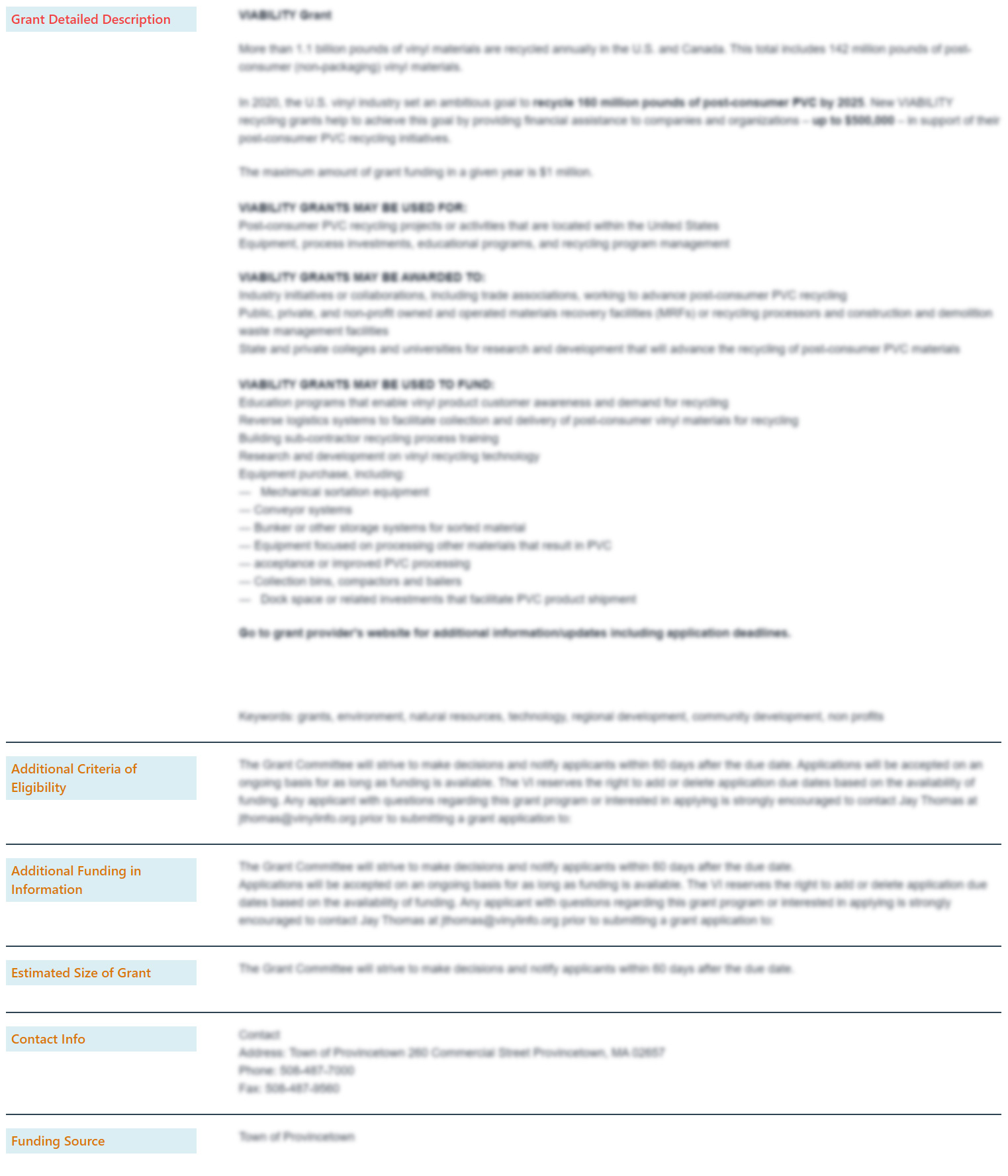This grant opportunity is designed to support organizations and initiatives within a specific region, focusing primarily on nonprofit entities. The funding aims to improve community well-being by addressing a wide range of social, educational, and health-related issues. Grants awarded through this program typically support projects that benefit families, children, seniors, and vulnerable populations, including efforts related to affordable housing, mental health, substance use recovery, and educational advancement. Additionally, the grants encourage support for cultural and civic causes, historic preservation, and programs that improve the quality of life in the local area.
The funding is intended to help organizations implement impactful programs that meet pressing community needs. These grants are available to qualified nonprofit organizations that meet certain criteria, as well as to government or quasi-government agencies applying for special projects not covered by typical tax funding. Some grants also extend eligibility to religious or civic groups when the funding supports non-sectarian or community-focused activities. While individuals are generally not eligible, certain specific relief funds offer assistance in urgent situations.
Grant amounts can vary widely, with minimum awards starting around several hundred dollars and maximums tailored to the scope of the project and available resources. Each year, hundreds of thousands of dollars are distributed across multiple grant cycles, ensuring ongoing support for a variety of programs. The availability of funds and application deadlines differ depending on the specific grant category.
Overall, this grant program offers valuable financial resources to help strengthen community services and programs, encouraging innovative solutions that promote health, education, social equity, and cultural enrichment within the targeted geographic area. It is an opportunity for eligible organizations to access funding that supports meaningful, measurable impact in their local communities.
